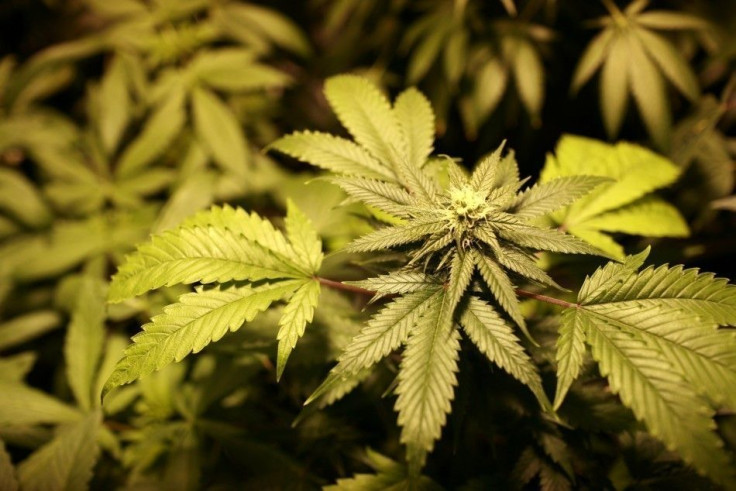Mold And Salmonella On Marijuana Leaves: Researchers Uncover Widespread Pot Contamination

Now that marijuana has been legalized in 20 U.S. states and D.C., scientists have started to identify possible contaminants found on the average pot leaf. Researchers from the University of New Haven, led by forensic botanist Heather Miller Coyle, have discovered tiny particles that are contaminating strains of marijuana, such as mold and salmonella.
"If there's no certification ... it's like saying we don't check our meat for mad cow disease," Coyle told the Associated Press. "That's our goal as a private university, to develop the tools to address or mediate this issue."
Coyle and her colleagues from the university have started to develop a new method for scanning marijuana leaves that is based on DNA profiling. The process has been funded by a $100,000 five-year grant donated by the Office of National Drug Control Policy's High Intensity Drug Trafficking Areas program. Testing done at the university will also compare the biological make up of real marijuana and synthetic marijuana such as K2 and Spice.
A preliminary analysis found tiny particles on the surface of marijuana, including mold, salmonella, E. coli, insecticides and mildew. According to the Centers for Disease Control and Prevention’s National Youth Risk Behavior Survey, 39.9 percent of high-school-aged students admit to using marijuana, making it the most widely used illicit drug. Although the CDC and the U.S. Food and Drug Administration are yet to report a death or emergency room visit tied solely to marijuana use, studies similar to Coyle’s have uncovered serious health concerns lying in cannabis’ DNA.
The University of New Haven is far from the only laboratory to test for contaminants that may be hiding in cannabis. A recent study conducted by a California-based medical marijuana testing lab known as The Werc Shop revealed how dangerous it is for people to inhale dangerous substances found in pot. Researchers found that “high pesticide exposure through cannabis smoking is a significant possibility, which may lead to further health complications in cannabis consumers.”
"Although we have not seen significant problems with tainted marijuana in the past, we should certainly be taking steps to make sure it's not a problem in the future," representative for the Marijuana Policy Project in Washington, D.C., Mason Tvert, told the Associated Press. "We have never seen a death solely associated with marijuana use. The same certainly can't be said of alcohol and other drugs."



























